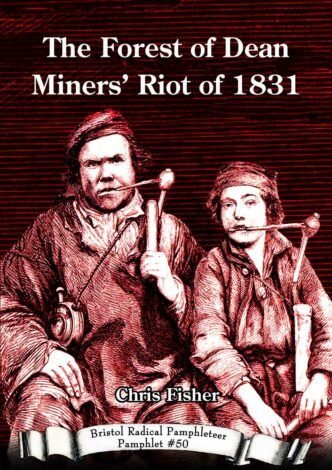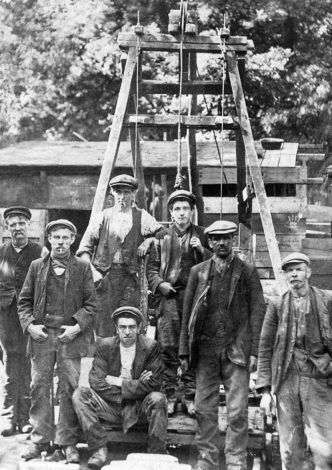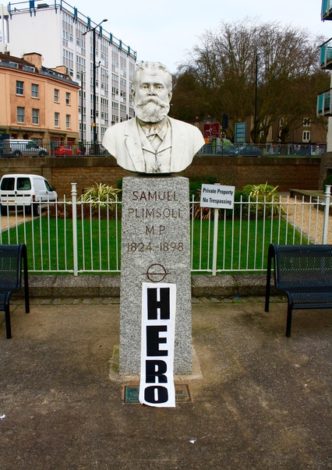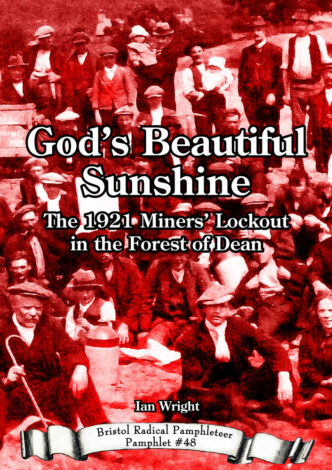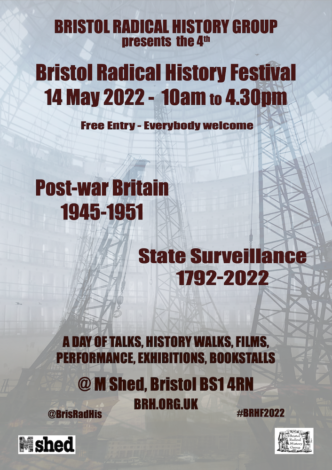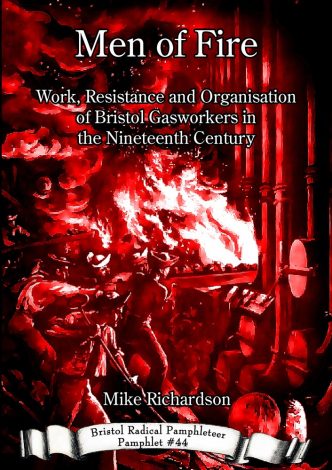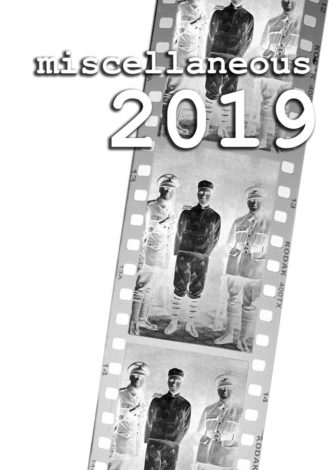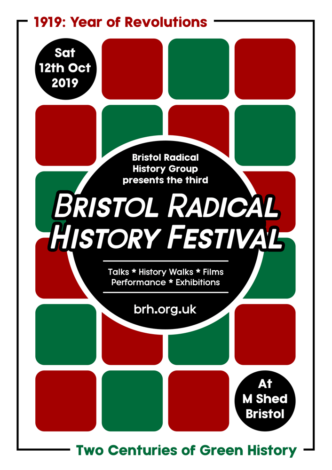The Forest of Dean Miners’ Riot of 1831
By Chris Fisher
In June 1831, the free miners and commoners of the Forest of Dean rioted. This book considers the background to the uprising and the motives of the participants. Chris Fisher contends that the uprising was a clear expression of considerable and justifiable resentment towards the state and capitalists as they encroached on the customary rights of free miners. The Forest of Dean Miners’ Riot of 1831 places the events in the context of a social and economic transformation which favoured private […]


